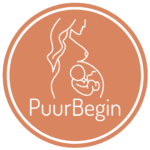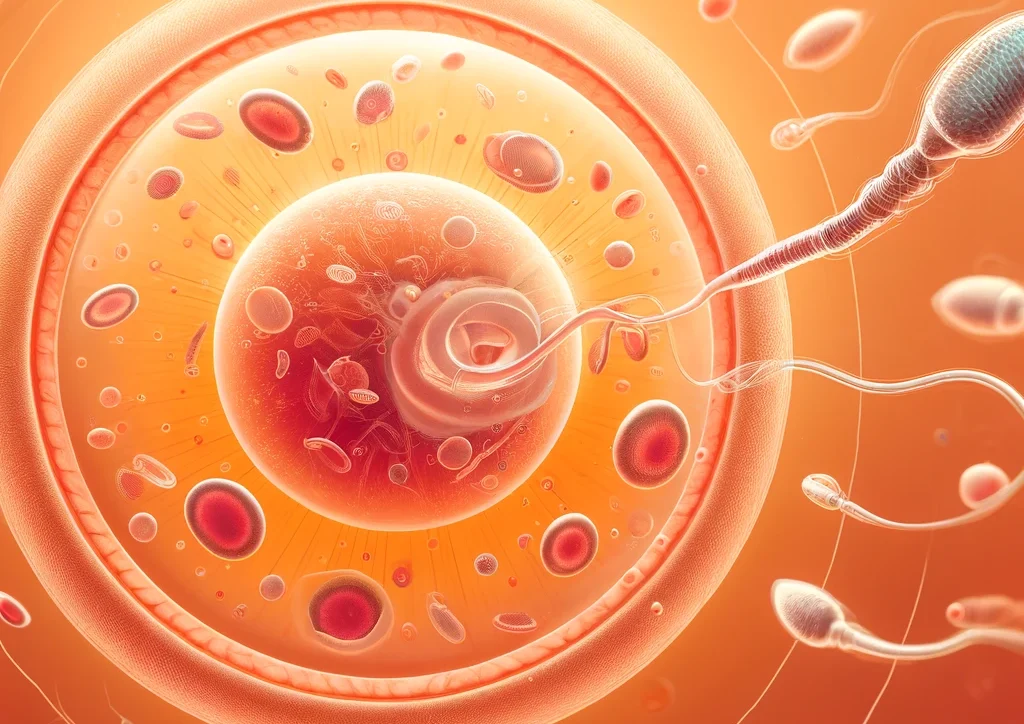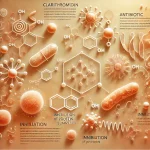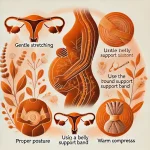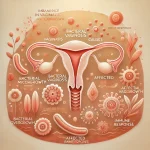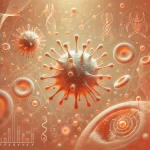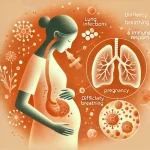Heb je je ooit afgevraagd hoe het proces van eitje bevruchten precies in zijn werk gaat? Bij Verloskundigen PuurBegin snappen we dat de natuurlijke wonderen rondom conceptie veel vragen kunnen oproepen. In dit artikel duiken we in de fascinerende wereld van de menselijke voortplanting. We leggen je uit wat er allemaal komt kijken bij het bevruchten van een eitje en welke factoren daar invloed op hebben. Ideaal voor iedereen die meer wil weten over hoe nieuw leven begint! Laten we samen deze wonderlijke reis beginnen.
De wondere wereld van eitje ontmoet zaadje: Zo werkt het

Het creëren van nieuw leven kan bijna magisch lijken, maar er schuilt een fascinerende wetenschap achter. De ontmoeting tussen eitje en zaadje is een complex, maar wonderlijk proces. Eerst maakt de vrouw elke maand een eitje klaar. Dit eitje blijft geduldig wachten in een van de eierstokken totdat het de grote sprong mag wagen tijdens de ovulatie. Hier begint de spannende reis naar de baarmoeder.
Bij mannen wordt het verhaal iets anders verteld. Zij produceren spermacellen die klaar zijn om de marathon van hun leven te rennen, geheel gericht op het bereiken van dat ene, speciale eitje. Zodra de zaadcel met succes bij het eitje aankomt, vindt de bevruchting plaats. Hieronder vind je een eenvoudig overzicht van dit bijzondere moment:
| Actie | Beschrijving |
| Ovulatie | Het vrijkomen van het eitje uit de eierstok. |
| Zaadcelreis | Zaadcellen reizen door de cervix en baarmoeder naar de eileiders. |
| Penetratie eicel | Eén zaadcel dringt het eitje binnen en bevruchting vindt plaats. |
Daarna begint het eitje aan zijn reis naar de baarmoeder om zich daar in te nestelen. Het hele proces, van ovulatie tot bevruchting en innesteling, is een delicaat en perfect getimed avontuur dat tot één van de grootste wonderen van de natuur leidt: zwangerschap. Dus voortaan, als je denkt over dit ongelooflijke begin, weet dan dat er achter de schermen een indrukwekkend staaltje biologie plaatsvindt!
Tips & tricks voor optimale bevruchting: Do’s en Don’ts
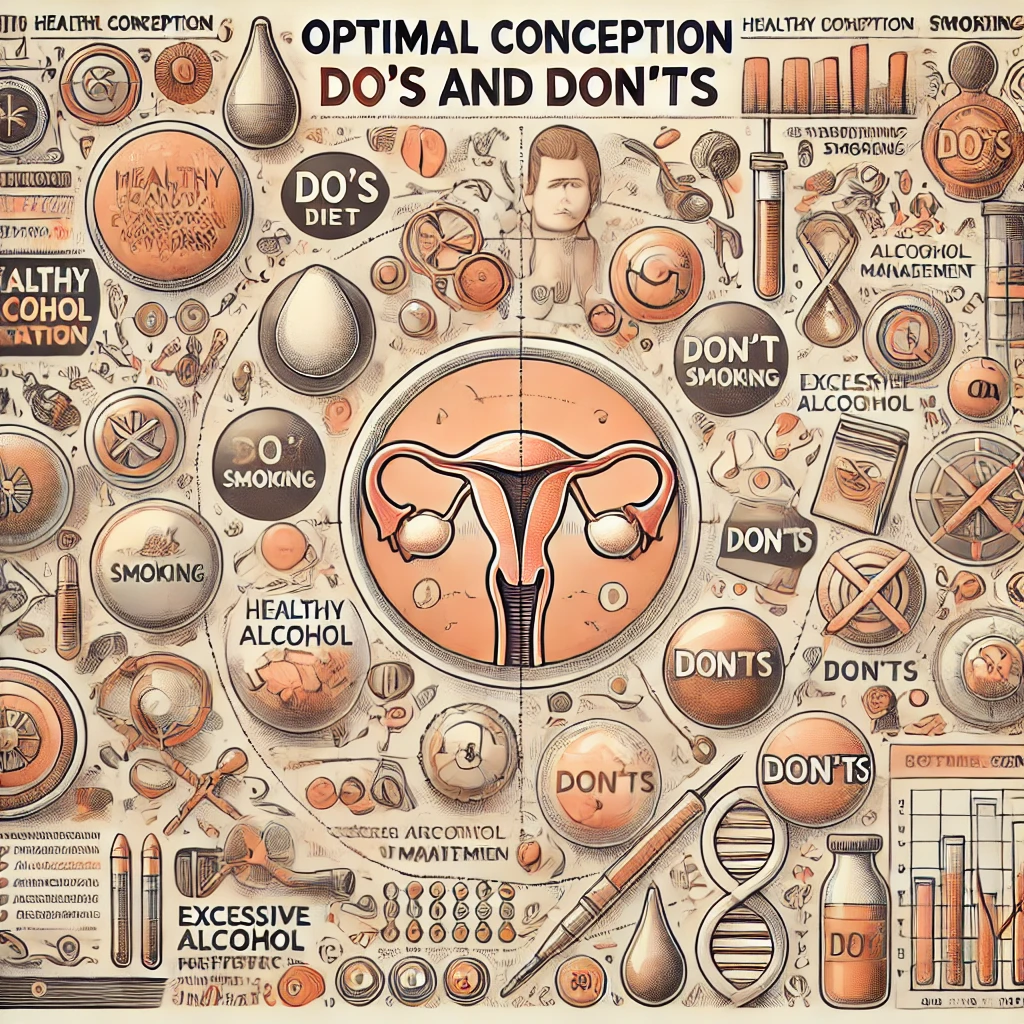
Als je nadenkt over hoe je de kans op een succesvolle bevruchting kunt vergroten, zijn er een aantal do’s en don’ts die je niet mag missen. Ten eerste, zorg ervoor dat je je lichaam goed kent. Het begrijpen van je menstruatiecyclus en het herkennen van je vruchtbare periode kan enorm helpen. Gebruik een ovulatiekalender of -tracker om je hierbij te ondersteunen. Over het algemeen is de beste tijd voor bevruchting de dag vóór de ovulatie tot 24 uur erna. Verder is het essentieel om een gezonde levensstijl aan te houden. Eet gebalanceerd, zorg voor voldoende beweging en vermijd stress zoveel mogelijk.
Wat je echter moet vermijden zijn bepaalde gewoontes die de vruchtbaarheid kunnen beïnvloeden. Rook niet en beperk alcoholconsumptie, omdat deze de kwaliteit van de eicellen en het sperma kunnen verminderen. Ook is het belangrijk om overmatige blootstelling aan hitte (zoals lange sauna sessies of hete baden) te voorkomen voor mannen, omdat dit kan resulteren in een verminderde spermaproductie. Hieronder vind je een handige tabel met enkele belangrijke do’s en don’ts voor optimale vruchtbaarheid:
| Do’s | Don’ts |
|---|---|
| Ovulatie tracken | Roken |
| Gezond eten | Overmatig alcoholgebruik |
| Regelmatig bewegen | Lange blootstelling aan hitte (voor mannen) |
Dus, door je goed voor te bereiden en bepaalde leefregels aan te houden, verhoog je de kans op een gezonde bevruchting. Onthoud, elke kleine stap die je neemt kan een groot verschil maken. Veel succes!
Na de bevruchting: Wat gebeurt er nu precies in je lichaam?
Zodra het eitje succesvol is bevrucht, start een fascinerende en complexe reeks van gebeurtenissen in je lichaam. Ten eerste begint het bevruchte eitje, nu een zygote, met delen terwijl het door de eileider naar de baarmoeder reist. Dit proces van celdeling heet mitose. Tegen de tijd dat het de baarmoeder bereikt, ongeveer 3 tot 4 dagen later, is het uitgegroeid tot een blastocyst, een klein groepje cellen.
Daarnaast vindt er ook iets heel belangrijks plaats: de innesteling. De blastocyst nestelt zich in de wand van de baarmoeder. Dit gebeurt ongeveer een week na de bevruchting. Vanaf dit moment begint je lichaam met het produceren van hCG (humaan choriongonadotrofine), wat essentieel is voor het in stand houden van de zwangerschap. Vervolgens begint je lichaam met allerlei aanpassingen te maken, zoals de verhoging van het aantal bloedcellen om zuurstof en voedingsstoffen naar de groeiende baby te vervoeren. Ook je hormoonspiegels veranderen dramatisch, wat bij sommige vrouwen aanleiding geeft tot de welbekende ochtendmisselijkheid.
| Week na bevruchting | Belangrijke gebeurtenis |
|---|---|
| 1-2 | Celdeling van zygote tot aan blastocyst |
| 3 | Innesteling in de baarmoederwand |
| 4-5 | Toename van hormoonproductie, start van ochtendmisselijkheid |
Deze vroege stadia zijn cruciaal en leggen de fundamenten voor de rest van je zwangerschap. Ondanks dat je in deze vroege fase misschien nog niet veel zult merken van je zwangerschap, zijn de ontwikkelingen binnenin je lichaam zowel verbazingwekkend als essentieel voor de komst van jouw kleine.
Conclusie
We hopen dat je nu een duidelijker beeld hebt gekregen van hoe het bevruchten van een eitje in zijn werk gaat. Zoals je kunt zien, is het een complex maar fascinerend proces waarbij elke stap cruciaal is voor het ontstaan van nieuw leven. Mocht je nog vragen hebben over conceptie of zwangerschap, onthoud dan dat het team van Verloskundigen PuurBegin altijd klaarstaat om je te ondersteunen met advies en zorg aangepast aan jouw unieke situatie. Voel je vrij om contact met ons op te nemen, we helpen je graag verder op deze bijzondere reis. Dank je wel voor het lezen en hopelijk tot ziens!
Verloskundigen PuurBegin
Adres: Orkestlaan 148, 8265RC Kampen
Telefoon: 085 40 19 095
